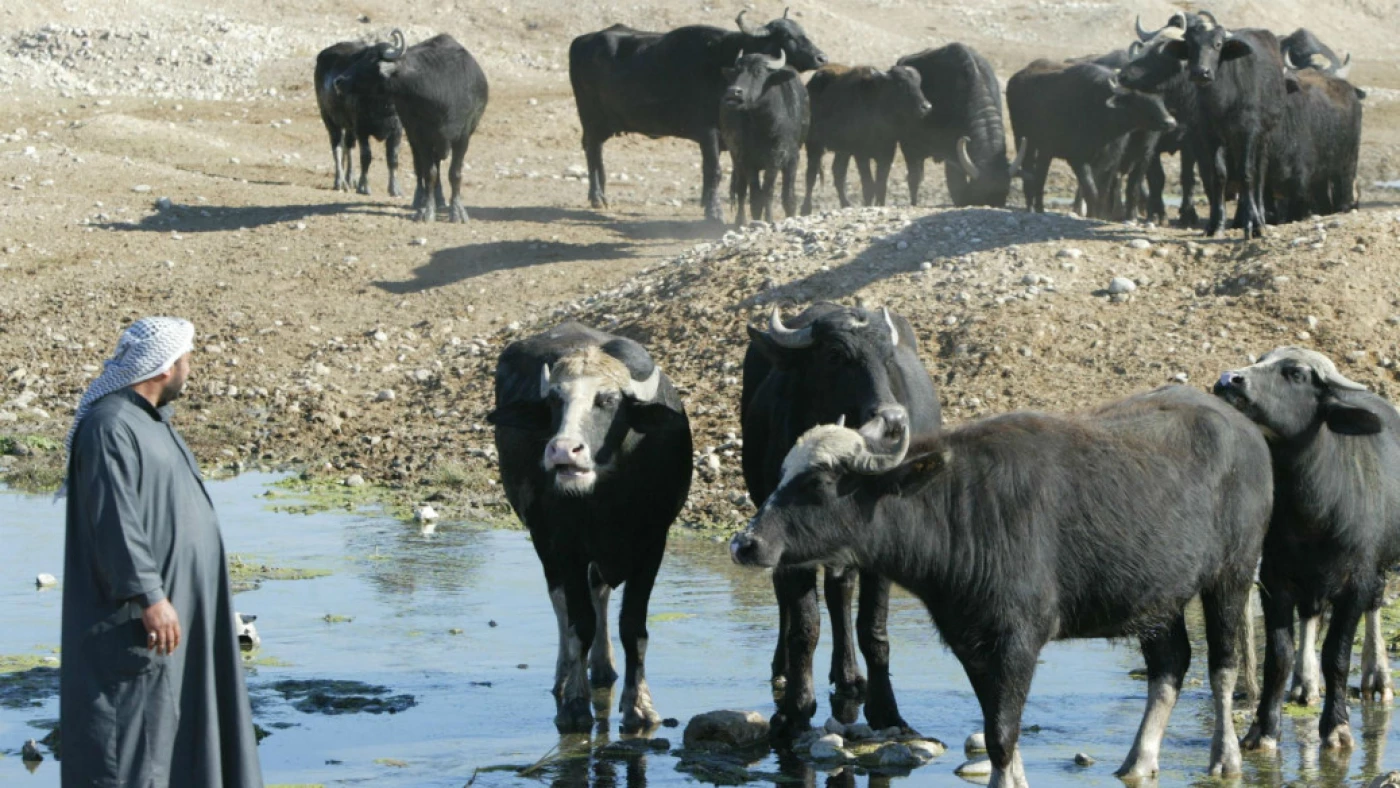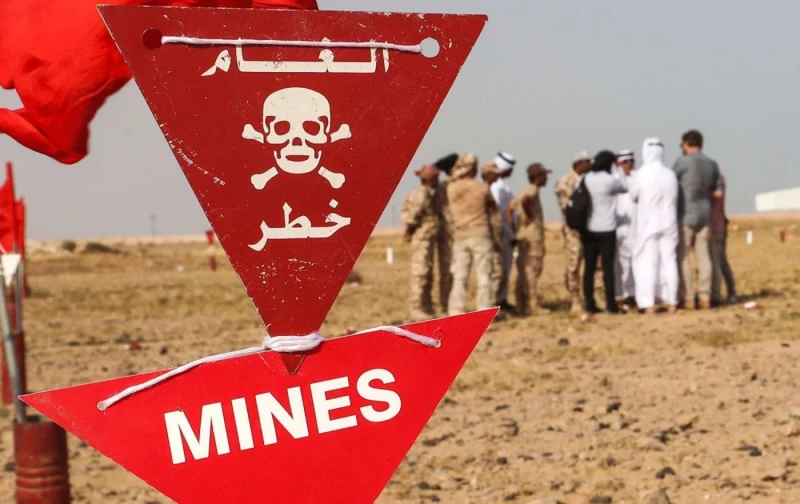ERBIL, Kurdistan Region of Iraq – Livestock without a health certificate will not be permitted entrance into the Kurdistan Region, with this and other measures being implemented to curb the spread of the recent hemorrhagic fever outbreak, an official told The New Region on Monday.
Over 70 hemorrhagic cases have been recorded across Iraq and the Kurdistan Region, including at least eight deaths, since the most recent outbreak of the deadly fever. Dhi Qar province has thusfar borne the brunt of the fatal disease with 25 confirmed cases, according to the latest toll by the Iraqi health ministry.
The Kurdistan Region recorded its latest case on Thursday in Duhok, having previously recorded three confirmed cases and one death across the Region’s provinces.
"Any livestock imported from any country will need to have a health certificate, showing all of the vaccines and medications that have been given to it," Firas Sdiq, head of the agriculture ministry's Animal Resources Directorate, told The New Region, adding that "it will have to have been quarantined for a period of time, then it will be imported and quarantined again for three days on the Kurdistan Region's side."
The new measures are introduced as a way to curb the spread of the disease and ensure the safety of the meat that the Kurdistan Region imports. The Region’s annual demand for red meat lies at 90,000 tons, 40,000 of which is imported from countries like Brazil, Armenia, Bulgaria, and Georgia.
Hemorrhagic fever is an infectious viral disease often transmitted from animals to humans, with symptoms that can range from mild to severe and potentially life-threatening. Those working closely with animals face an elevated risk of infection.
The Kurdistan Region’s first fatality due to the fever was recorded on May 10. The deceased was a 45-year-old woman from Duhok’s Amedi district who was the sister of the Thursday case, which was the latest confirmed case announced by authorities.



 Facebook
Facebook
 LinkedIn
LinkedIn
 Telegram
Telegram
 X
X


